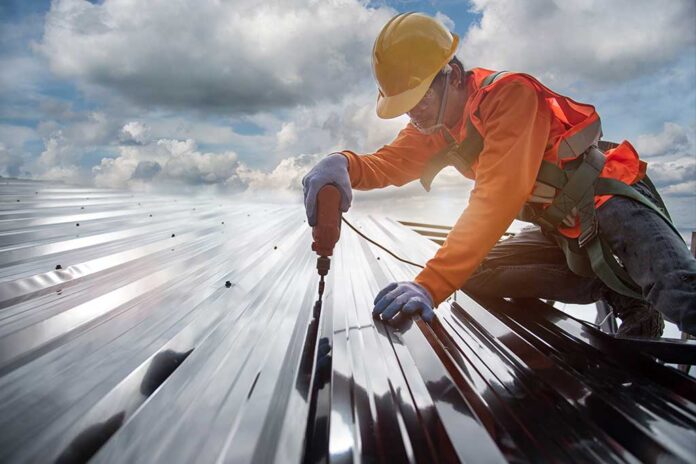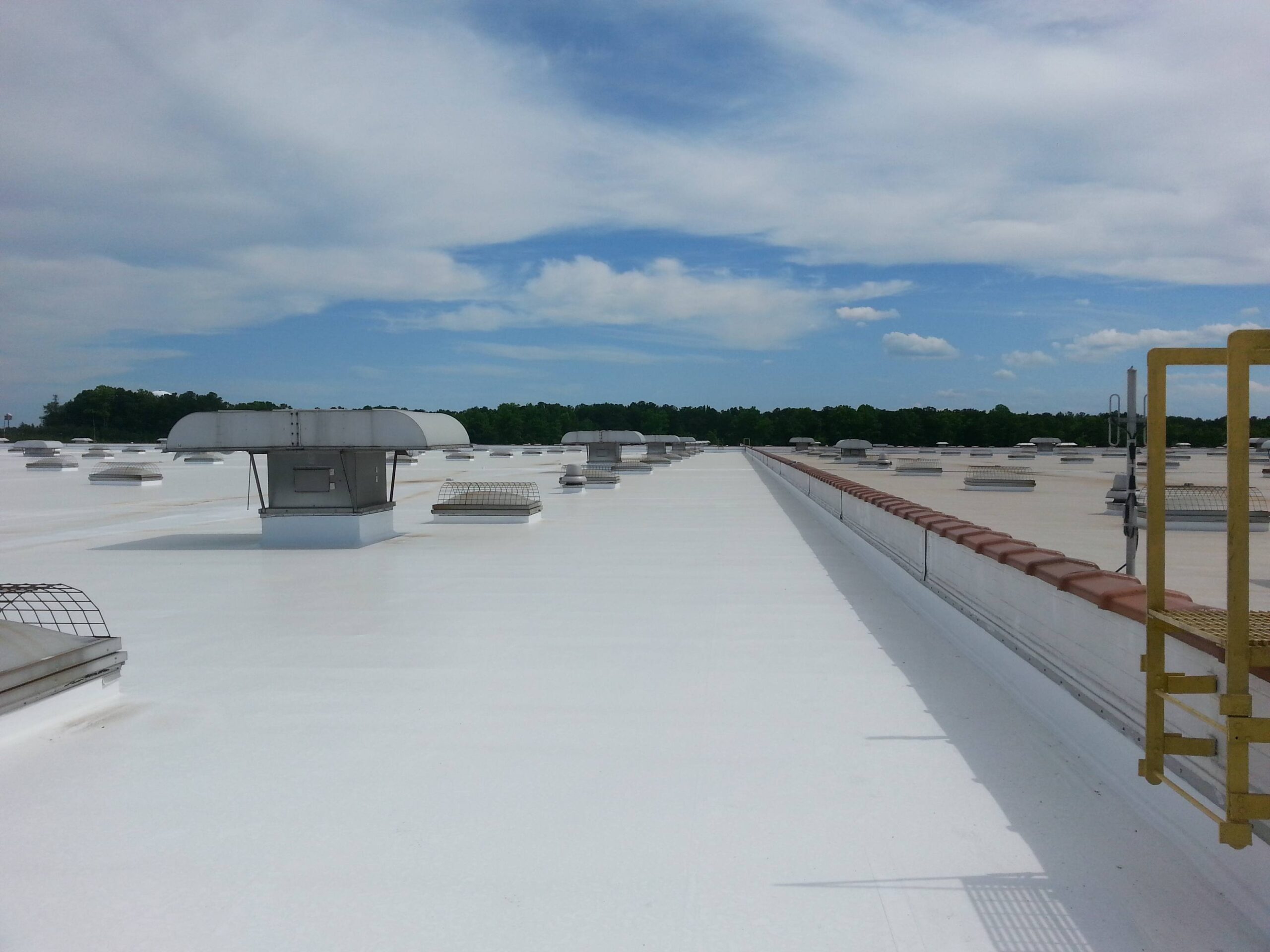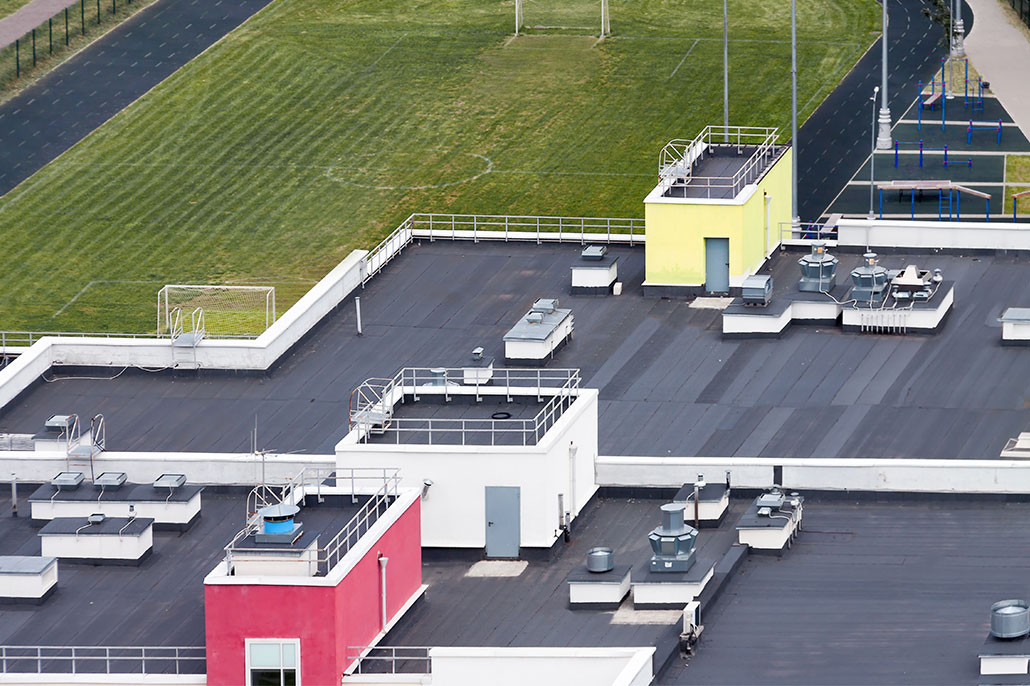Each different type of commercial roofing will have pros and cons depending on your needs and requirements.
If you are doing your research to decide what the best roofing option for your commercial property is, then the following advice and guidance can help you make the best decision.
Commercial Roofing
The most common roof types for commercial purposes are:
- Flat roofs
- Low-sloped roofs
- Pitched roofs
You can read on for more information about each of these roofing options and the different pros and cons associated with each.
If you want to learn more, then visit Next Wave Roofing now for all information you need on commercial roofing.
Flat Roofs
Flat roofing is the most popular option for commercial purposes.
The cost of flat roofs is usually less than other options. This is because this type of roof generally requires fewer materials due to the flat shape.
Flat roofs are normally easy to install, which means that you will also save money on the cost of labor for installation as well as saving money on materials.
The biggest disadvantage to having a flat roof on a building is that it does not always allow for optimum drainage. If water is allowed to collect on the roof, then this could lead to damage. This can eventually cause a leak inside of the building, with the potential for inside water damage then presenting. Regular upkeep and maintenance is the best way to avoid this problem.
Low-Sloped Roofs
Low-sloped roofs are most often seen on apartment buildings and warehouses.
Good drainage is an important advantage to this kind of roofing. The shape naturally allows for water to run off the roof, which means water damage problems are less likely.
Low-sloped roofing is considered a good choice for commercial properties because it is generally safe for workers to access. This means that construction and maintenance is less dangerous and more easily completed. Furthermore, the shape allows for items such as solar panels and air conditioning units to be installed with ease.
One of the few disadvantages to this kind of roofing is that it is not always suitable for areas that experience heavy snow often. This is because the snow that gathers and does not melt quickly will place a strain on the roof, damaging it over time.
Pitched Roofs
It is more likely that you will see a pitched roof on a residential building, but they are still an option for commercial properties.
The main pro to pitched roofs is that the steep angle ensures easy runoff of both rain and snow. The lower the potential for weather damage, the less need there is for maintenance and repair.
The downside to having a pitched roof on a commercial property is that it can be much harder to complete maintenance and repair work when it does become necessary. This means that it will be a much bigger job, requiring stringent safety precautions, which will add to the cost of such work.




















